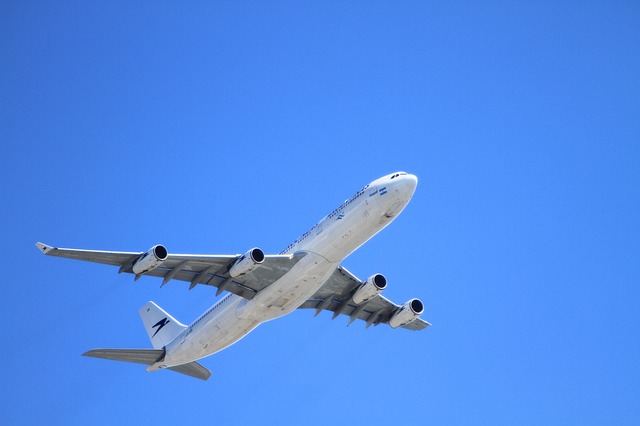Recently, there has been a demand by employees to cut back on days in the office. After two years of the pandemic, people want to work from home, spend more time with loved ones, and just have more flexibility in general. While many companies have adopted the hybrid model to accommodate these sentiments, some have taken a more extreme stance.
For the past 8 weeks, the world’s largest four-day workweek trial has been running in England. About 3,300 employees from 73 different companies have taken on the task of producing 100% while working only 80%, still earning their regular salary. And while this endeavor does come with some inherent challenges, an overwhelming majority of participants are absolutely loving it.

The program is being spearheaded by the nonprofit “4 Day Week Global.” Andrew Barnes, the organization’s founder, has been advocating for a four-day workweek since 2017. In his own organization’s trial, he found that when working four days instead of the traditional five-day model, his employees demonstrated a productivity rate 25% higher than before.
During the initial stages, many companies struggled to set themselves up for the experiment. Samantha Losey, managing director at Unity public relations firm, called the first week “chaotic.” However, she explained, she and her team quickly instituted some systems that enabled continued productivity throughout the four-day workweek. All internal meetings are limited to 5 minutes, while client meetings end after 30 minutes. A “traffic light” system ensures workers are not interrupted unnecessarily – if a colleague’s desk light is set to green, they’re available for a chat; if the light is orange, they’re busy but available if needed; and if the light is red, they cannot be disturbed.

In addition to positive reports from employers, participating employees have given very favorable feedback. Many are appreciative of the extra time they can devote to other important things in their lives besides for work, such as family, mental health, exercise, and extracurricular activities.
It will be interesting to see continued outcomes from the big four-day workweek trial as time goes on. The results may have life-changing outcomes on work-life balance, company culture, employers, and employees.



